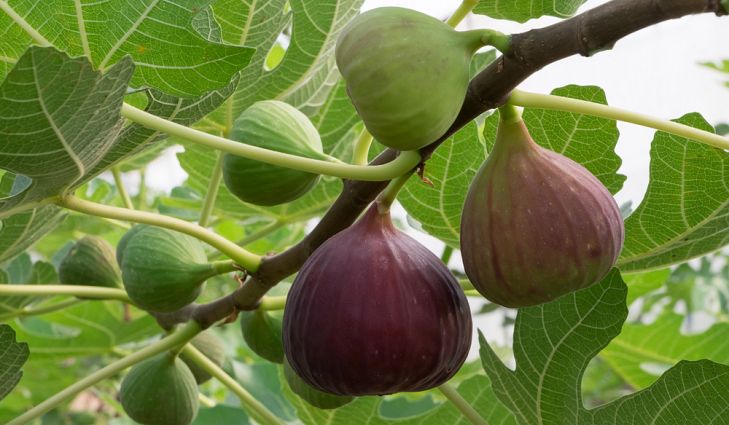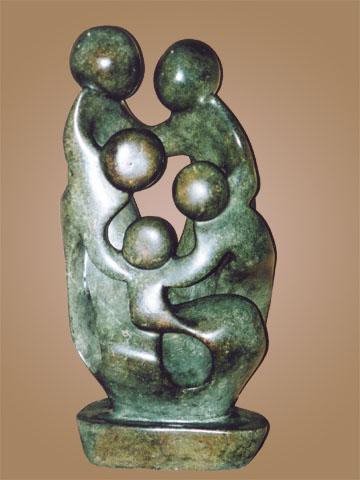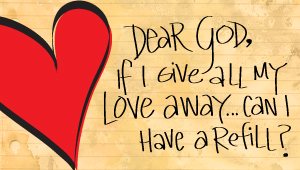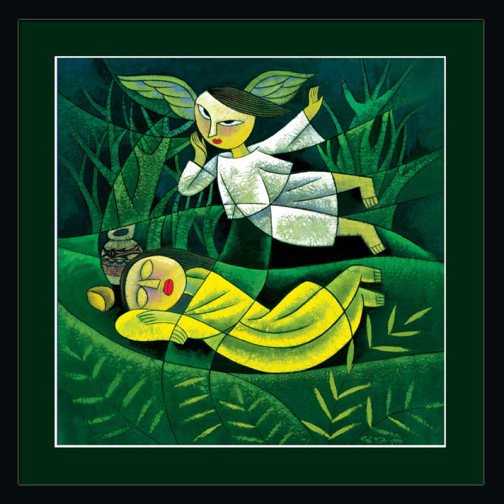Meditations on freedom: spiritual and social
Freedom is what we do with what is done to us. — Jean-Paul Sartre The most courageous act is still to think for yourself. Aloud. — Coco Chanel When I discover who I am, I’ll be free. — Ralph Ellison We were the people who were not in the papers. We lived in the blank white spaces at […]




